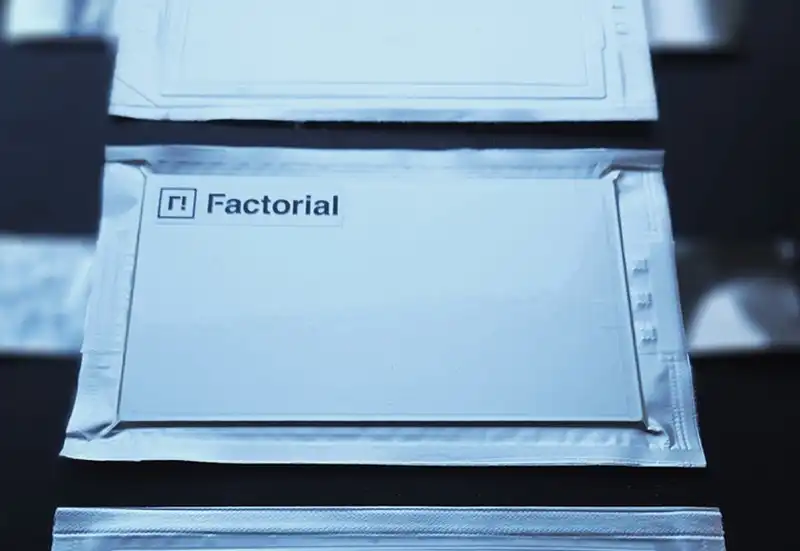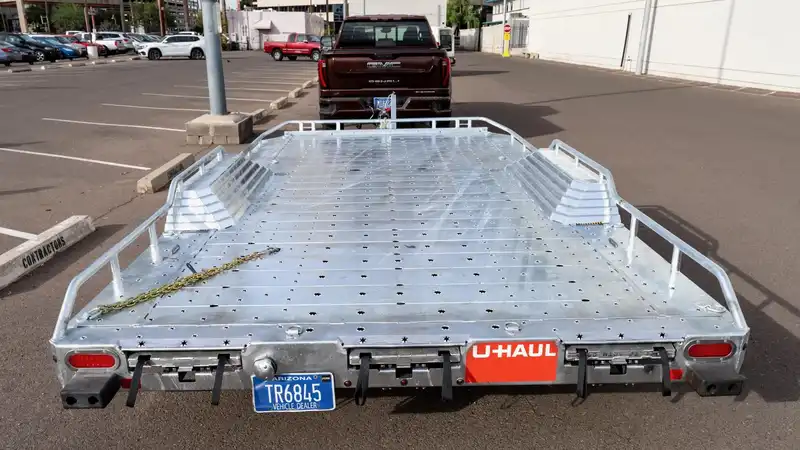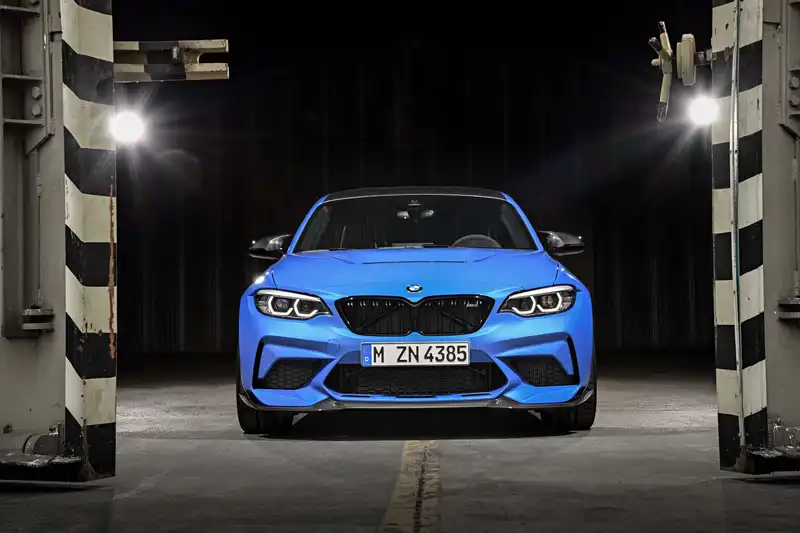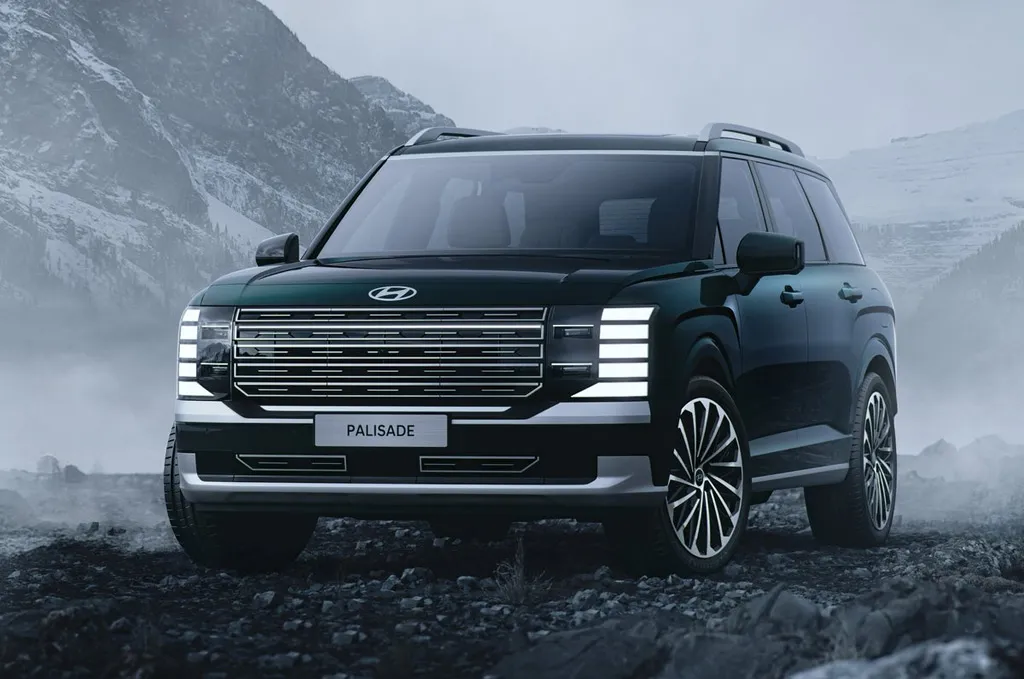Mercedes solid-state batteries could increase EV range by 80%.

Mercedes-Benz announced that it has achieved a major milestone in the development of solid-state batteries in partnership with U.S. battery technology company Factorial.
Mercedes and Factorial announced Tuesday that they are working together to develop a solid-state battery.
The battery, called Solstice, has an energy density of 0.45 kwh per kilogram (about 2.2 pounds), nearly twice the density of current lithium-ion batteries. The two companies state that the range of EVs using the Solstice battery could increase by up to 80% compared to the current average.
The Solstice battery features a sulfide-based solid electrolyte and a new type of cathode that is easier and cheaper to manufacture than conventional cathodes. The battery is also targeted to maintain performance at temperatures above 194 degrees Fahrenheit, which the manufacturer claims will reduce the need for complex and heavy battery cooling systems in EVs.
Solid-state batteries are being touted as a revolutionary technology for EVs because of their reduced risk of fire due to their resistance to overheating and their high energy density, which could lead to lighter, more affordable EVs. While this technology is not new, scaling up production has proven more difficult than expected for automakers and battery manufacturers.
Mercedes first announced plans to develop solid-state batteries with Factorial in 2021 and led a $200 million investment round the following year. Hyundai is another major automaker that has invested in Factorial.
According to Reuters, Mercedes has also invested in Taiwanese solid-state battery company Prologium, which is researching high-silicon anodes as an alternative solution to extend EV range.




